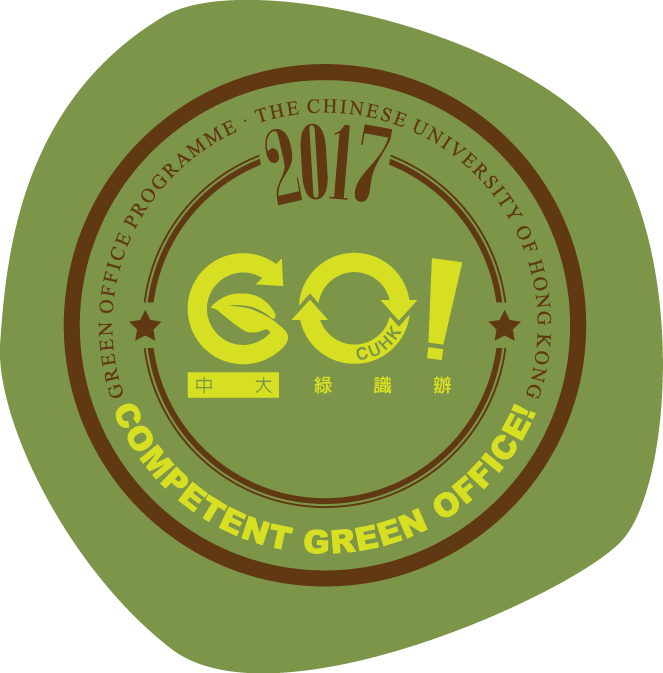Age-friendly Community and the Decade of Healthy Ageing
Resources
The Institute has developed a vast variety of resources and widely distributed to cross-sectoral stakeholders (i.e. policy makers public sector and other community stakeholders) and the public, in raising their awareness on age-friendly issues and facilitating them taking forward the age-friendly city campaign in the long-run. In the following sections, we broadly categorize these resources according to their media formats (i.e., publication vs. video), and respectively give a brief summary on their contents.
Strategies for creating an age-friendly city: Hong Kong as a case study
This book thoroughly chronicles the strategies adopted by Jockey Club Age-friendly City Project in advancing age-friendly city movement in Hong Kong and its social impact, explores the origins of the concept of an age-friendly city and its development globally and in Hong Kong, as well as provides recommendations for the future advancement of age-friendly cities.
The book has been included in the Global Database of Age-friendly Practices in the website of World Health Organisation. For details, please click here.
Thematic reports on age-friendly city domains
Four thematic reports were developed to provide detailed exploration on the case of Hong Kong regarding four domains of an age-friendly city, namely Outdoor spaces and buildings, Transportation, Communication and information, as well as Community support and health services. Each report highlights the current situations of age-friendliness of the domain and its age-friendly policies and measures in Hong Kong, and proposes recommendations to the Government and other relevant parties taking account of the final assessment findings on age-friendliness.
Age-friendly City Guidebook
This Guidebook consolidates the experience of the Jockey Club Age-friendly City Project in building an age-friendly city in Hong Kong, which provides practical guidance and useful resources for policy makers, public sector and other community stakeholders in taking forward the age-friendly city campaign in the long-run in respect of design, implementation, monitoring and evaluation of age-friendly strategies and initiatives.
Jockey Club Age-friendly City Project Evaluation Report
The report covers the evaluation findings on the effectiveness of Jockey Club Age-friendly City Project including significant outcomes, achievements and impacts. Best practices of building an age-friendly city were also consolidated.
Reports on "Hong Kong Elder Quality of Life Index" and "AgeWatch Index for Hong Kong"
The “AgeWatch Index for Hong Kong” was developed since 2014 and subsequently extended to “Hong Kong Elder Quality of Life Index” to assess the elderly well-being in a comprehensive manner with locally significant indicators covering four domains, including Income Security, Health Status, Capability, and Enabling Environment, which can serve as a useful reference on policy planning of age-friendly interventions in Hong Kong. A total of six Index reports and four Topical reports were published.
Baseline and Final Assessment Reports on Age-friendliness
Based on the framework of eight domains of an Age-friendly City set out by WHO, the Institute conducted baseline assessment and final assessment on the level of age-friendliness in five local districts, namely Kwai Tsing, North, Sai Kung, Sha Tin and Tai Po. Each report contains the findings of age-friendliness assessment study with questionnaire survey and focus group interviews to assess the level of age-friendliness and and identify strengths and weaknesses, as well as areas for enhancing the age-friendliness for each district.
Cross-district Report of Baseline Assessment on Age-friendliness
This report contains the city-wide research findings of baseline assessments of all 18 districts of Hong Kong aiming to assess the level of age-friendliness and identify areas for improvement. It provides a holistic understanding on Hong Kong’s strengths and weaknesses in age-friendliness and offers useful insights for policy makers, business sector and different stakeholders in planning and developing age-friendly initiatives.
(Research data were contributed jointly by CUHK Jockey Club Institute of Ageing, The University of Hong Kong Sau Po Centre on Ageing, Lingnan University Asia-Pacific Institute of Ageing Studies, and The Hong Kong Polytechnic University Institute of Active Ageing under “Jockey Club Age-friendly City Project”.)


































